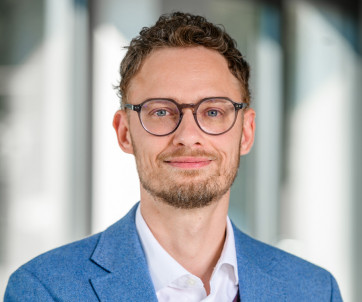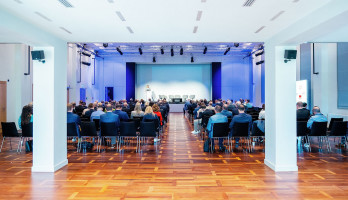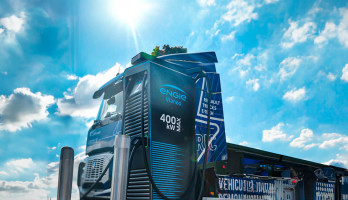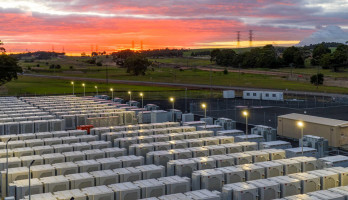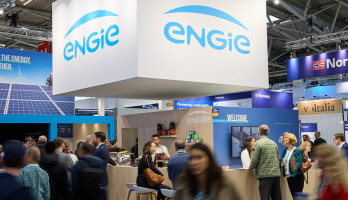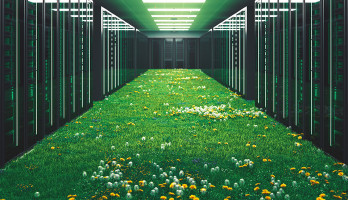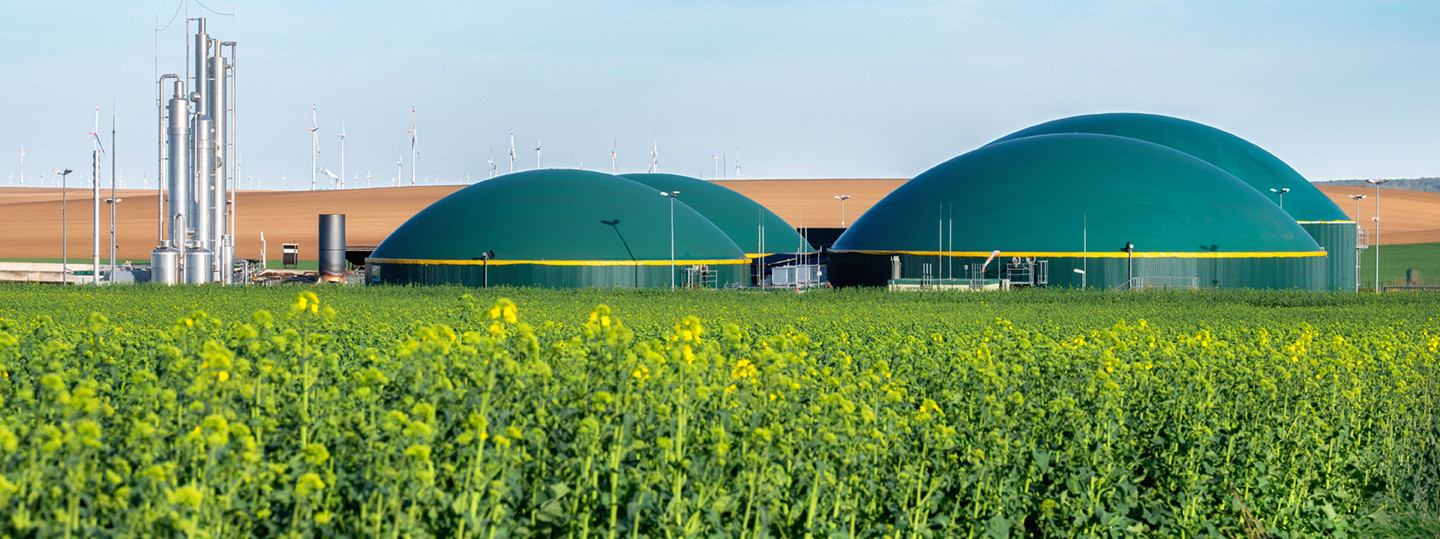
Biomethane – making energy supply climate neutral
What forms of energy come to mind when you think about the energy transition? Solar and wind power are often at the centre of discussions. But there is another, often underestimated lever for climate neutrality: biomethane. This green gas from organic waste can replace fossil natural gas – without the need for new infrastructure. It opens up enormous opportunities, especially for industry, heat supply and mobility. ENGIE Germany is actively supporting this market with clear goals, forward-looking projects and the ambition to exploit all opportunities within existing legal and regulatory frameworks.
What makes biomethane so valuable
Biomethane is obtained from agricultural residues, biowaste or sewage sludge. After being processed to natural gas quality, it can be fed directly into the existing gas network. For users, this means the same application with significantly lower emissions. The advantages of biomethane at a glance:
- Climate benefits: Biomethane is considered climate-neutral
- Circular economy: waste is converted into energy and fertiliser
- Flexibility: storage and use via existing networks and facilities
- Wide range of applications: from the chemical industry to neighbourhood solutions and mobility
- Negative emissions possible: During the processing of raw biogas into biomethane, CO₂ is separated, which can then be stored or used as a material.
Biomethane in Germany and Europe: a growth market
There are already over 1,200 biomethane plants in operation in Europe, feeding more than 40 TWh into the gas grid every year. By 2030, the European Union aims to produce around 35 billion cubic metres of biomethane or 367 TWh – an ambitious target that demonstrates the role green gas will play in decarbonisation in the future.
At the same time, the global potential is even greater: according to the International Energy Agency (IEA), up to 8,500 TWh of biomethane could be produced worldwide each year. Currently, however, only around 80 TWh is being realised. Germany was once a biomethane pioneer, but is now lagging behind other European countries in terms of expansion dynamics: production in this country is stagnating at around 10 TWh, while the potential is estimated at at least 146 TWh.
Political framework conditions: a look at our European neighbours
Other European countries are showing how it can be done: France and the Netherlands already have clear political guidelines for market ramp-up. France, for example, will introduce a biomethane quota from 2026. Gas suppliers will then have to gradually integrate increasing amounts of biomethane into their supplies (from 0.48% in 2026 to 4.15% in 2028). The Netherlands is focusing on a greenhouse gas reduction quota for the building sector – with a target of 22 TWh of biomethane by 2030. Both models create planning security and promote investment in new production capacities. A green gas quota would also make sense for Germany, finally giving biomethane the market boost it deserves.
ENGIE as a reliable partner along the value chain
ENGIE is one of the leading biomethane players in Europe. We are active in all relevant areas:
- Production & feed-in: planning, construction and operation of biomethane plants
- Trading & marketing: supplying end customers and ensuring transparency through Guarantees of Origin
- Certification & market design: ENGIE Germany is ISCC-certified – and thus a guarantor of sustainable, traceable biomethane volumes. We are also committed to actively shaping the German market as a biogas partner of dena. As a participant in all relevant biogas registers, ENGIE supplies German customers with EU biomethane from various countries of origin.
- Long-term supply: Development of Biomethane Purchase Agreements (BPAs), tailor-made supply contracts that promise planning security
ENGIE acts as a midstream partner between producers and consumers – a model that has already been successfully established in France, Germany and other markets.
Biomethane: opportunities for the economy and society
Biomethane not only contributes to reducing emissions, but also strengthens the regional economy. Each new plant creates local jobs and provides farmers with additional sources of income. For companies, biomethane is a tool for reducing their own carbon footprint and thus meeting a requirement that is increasingly demanded by customers and investors. Furthermore, biomethane strengthens security of supply: as a renewable energy source from European resources, it promotes independence from global fuel imports. This not only increases energy sovereignty, but also makes the energy supply more crisis-proof.
Biomethane: our ambitions for 2030
ENGIE has clear goals: we want to build a strong biomethane portfolio with long-term supply contracts. We want to further expand our portfolio: by 2030, our trading portfolio is set to grow from 7 to 25 TWh/year, while our production is set to increase from 1 TWh/year to 10 TWh/year. We want to integrate biomethane into holistic energy solutions – from climate-friendly heat supply to sustainable neighbourhood projects.
Biomethane is a key building block for climate neutrality. It combines climate protection with security of supply, promotes local cycles and offers companies a realistic path to decarbonisation. However, in order to realise its full potential, the right political framework conditions are now also needed in the United Kingdom. A green gas quota, as in France and the Netherlands, would give the market a decisive boost.
ENGIE has the experience, network and innovative strength to pave the way. My conclusion is clear: biomethane is not a side issue, but a real game changer in the energy transition.
Our Expert
